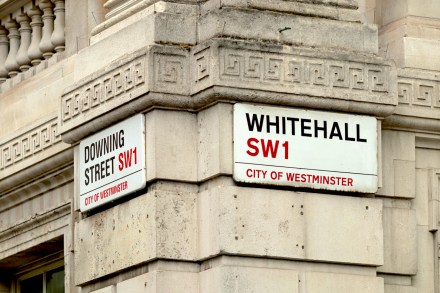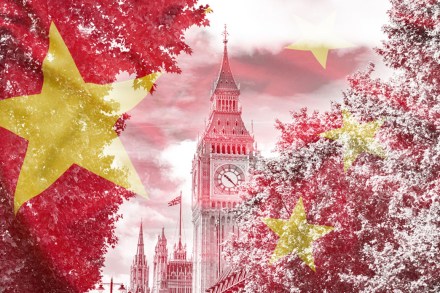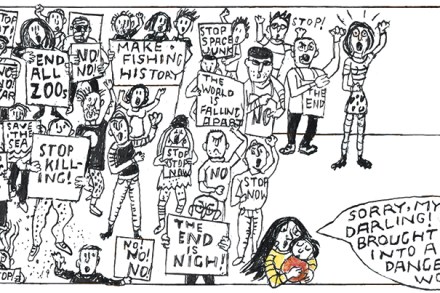Britain is not a technocracy
The term ‘technocracy’, or more often ‘technocrat’, is found everywhere. Both Rishi Sunak and Keir Starmer are referred to as technocrats. But what exactly does it mean? In the 15 years he served as prime minister, Lord Liverpool always put in the hours. He dutifully opened the latest despatches and read them in turn, though his delicate nature made him dread the task. He was scrupulously honest and always fair. He mastered the details. He was courteous towards colleagues and sensitive to their feelings. He was a devoted husband. He did not act rashly and sailed by no great ideological system. Had he lived today, Lord Liverpool would be what





















